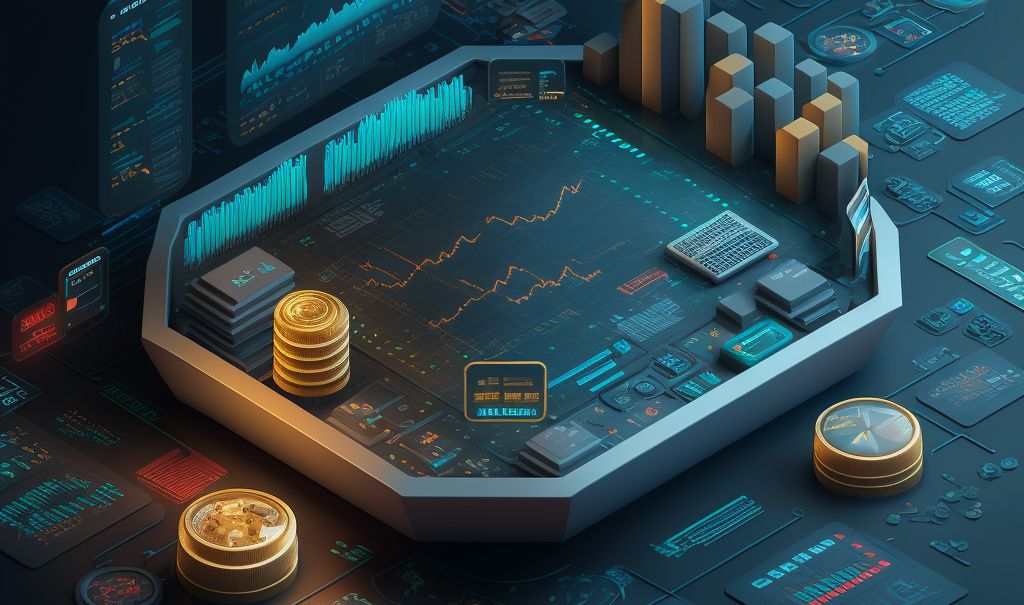Tokenized commodities are a groundbreaking innovation that merges the physical world with blockchain technology, enabling the digital representation of tangible assets like gold, oil, or agricultural products. Through tokenization, these real-world commodities become more accessible, tradeable, and efficient for investors and businesses alike.
How Tokenization Works
Tokenization involves creating digital tokens that represent ownership or rights to a physical commodity. Each token is stored on a blockchain, providing a secure, transparent, and tamper-proof record of transactions. This process enables fractional ownership, meaning investors can buy smaller portions of valuable assets, such as gold bars or barrels of oil, instead of purchasing them in bulk.
For example, a single gold bar could be divided into 1,000 tokens, allowing individuals to invest in small portions rather than buying the entire bar. Tokenized commodities are typically backed by physical reserves stored in secure facilities, ensuring that the digital tokens correspond to real-world assets.
Key Benefits of Tokenized Commodities
- Accessibility and Liquidity:
Traditional commodity trading often requires significant capital and comes with logistical challenges. Tokenization lowers entry barriers, allowing smaller investors to participate. Furthermore, these tokens can be easily traded on digital platforms, increasing liquidity and enabling 24/7 market access. - Transparency and Security:
Blockchain technology ensures that all transactions are transparent, traceable, and immutable. This fosters trust among investors and reduces the risk of fraud, making the entire process more secure. - Fractional Ownership:
Tokenization democratizes access to high-value assets, allowing investors to purchase fractional shares of commodities like gold or oil. This makes investing more inclusive and flexible. - Reduced Costs and Faster Settlement:
With blockchain-based platforms, the need for intermediaries is minimized, leading to lower transaction fees and faster settlement times compared to traditional markets.
Real-World Use Cases
Tokenized commodities are gaining traction across various sectors. Tokenized gold is becoming a popular alternative to traditional gold investments, offering the same value with enhanced liquidity. Energy companies are also experimenting with tokenized oil, facilitating smoother transactions in global markets. Additionally, agricultural products like coffee and wheat are being tokenized, streamlining supply chains and reducing inefficiencies.
Challenges and Future Potential
Despite the advantages, tokenized commodities still face hurdles. Regulatory uncertainties, market volatility, and the need for secure asset custody remain key concerns. However, as blockchain technology matures and more frameworks are established, tokenized commodities are expected to become a significant part of global financial markets.
The growing adoption of tokenized commodities marks a transformative shift in how we invest, trade, and interact with real-world assets, paving the way for a more accessible and efficient financial ecosystem.




